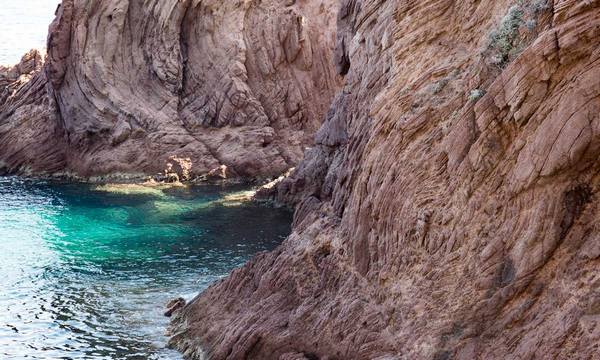
We enhance the archipelago
and we take you to discover it.
We propose outdoor activities promoting sustainable tourism, as an alternative to the traditional one.
We live in one of the most fascinating territories of all the Tyrrhenian Sea. Our archipelago is part of the biggest protected area of Europe: the Pelagos Sanctuary for Mediterranean Marine Mammals.
Its seven islands have unique characteristics that distinguish them one from another; this makes their discovery a fascinating experience. Tours depart primarily from the Island of Elba and the islands of Pianosa, Capraia, Montecristo and Gorgona in addition to the more distant Giglio and Giannutri.
On all the islands of the archipelago, it is possible to participate in various kinds of outdoor activities.
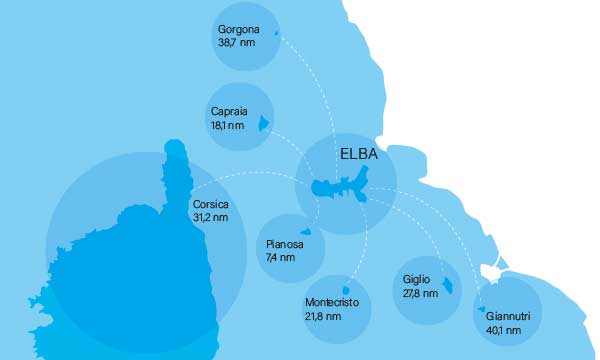
ELBA
The Napoleonic
The largest island of the Archipelago and the third Italian island in size.
Chosen by Napoleone Bonaparte to spend his first exile, there are also mines and remains of prehistoric, Etruscan, Roman and medieval buildings.
An incomparable variety of beaches and the thousand aspects of its nature permit to carry out different excursions and sports activities.
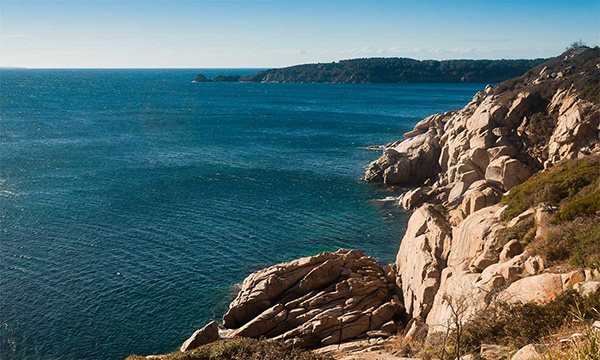
GIGLIO
The Granitic
Located off the coast of Porto Santo Stefano, the island has been inhabited since the Etruscan age and craved by the most important medieval families like the Aldobrandeschi and Medici.
Among fortresses, castles and breathtaking beaches it will be possible to admire this magnificent Tuscan reality in all its peculiarities through various types of itineraries.
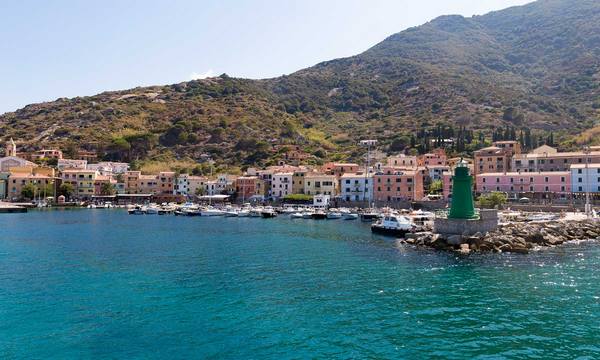
GIANNUTRI
The Goddess
Rocky coasts, holm oak forests and a luxuriant Maquis shrubland cover the island which, because of its shape, calls to mind the scythe used by the Goddess Athena.
Inhabited since the Bronze age, then uninhabited for a long time, Giannutri has been a safe haven for pirates for a long period, until when it returned to the Italian state in the most recent years.
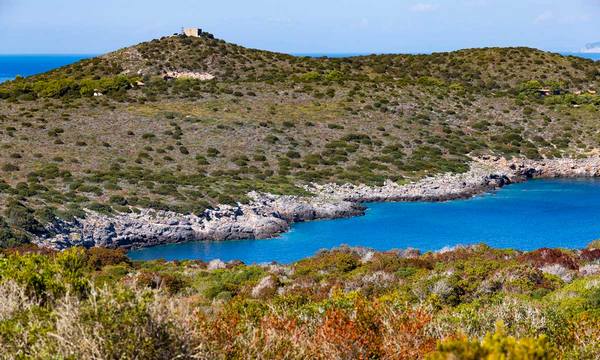
PIANOSA
The Protected
Pianosa, the prison-island of the Tuscan archipelago, is surrounded by a crystal clear sea and has an ecosystem which is unique in the world, reason why they are very protected.
A perfect environment for open air excursions, discovering remains of Roman villas, of what remains of the prison and to discover the secret of one of the most studied sea bottoms in the world.
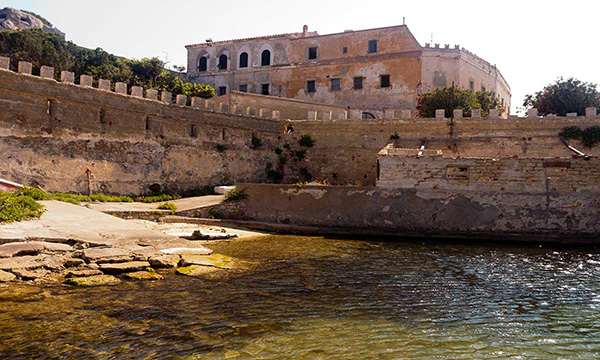
MONTECRISTO
The Fortress
Currently considered as a natural reserve, Montecristo is characterized by the presence of promontories and geographical features. Managed by the Forest Ranger and regulated by a strict limitation of annual accesses, there are also a castle and a monastery on the island.
The scarce population in the years has made Montecristo an ideal place to preserve plants and animals once present throughout the Mediterranean Sea.
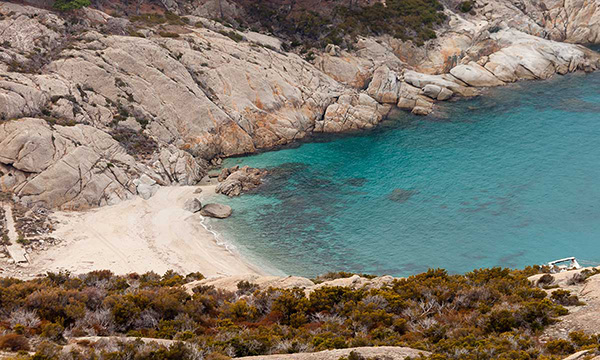
GORGONA
The Small
Mentioned also by Dante in the Divine Comedy, the smallest island of the Tuscan Archipelago has a great variety of historical monuments dating back to the Roman age in addition to the still active prison.
The island is characterized by bays and coves, where once it was possible to also meet settlements of monk seals.
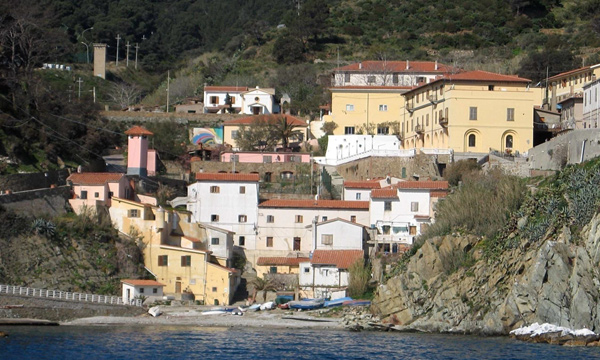
CAPRAIA
The Vulcanic
This is the third island by size and the furthest from the mainland. It is located in the Corsica Canal and has a morphology that tells also its origins as volcanic island.
With its rocky coastline and its absence of beaches, Capraia is characterized by its headlands and a small mountain range in its central areas, ideal places to hike and admire some rare endemic vegetal species.
